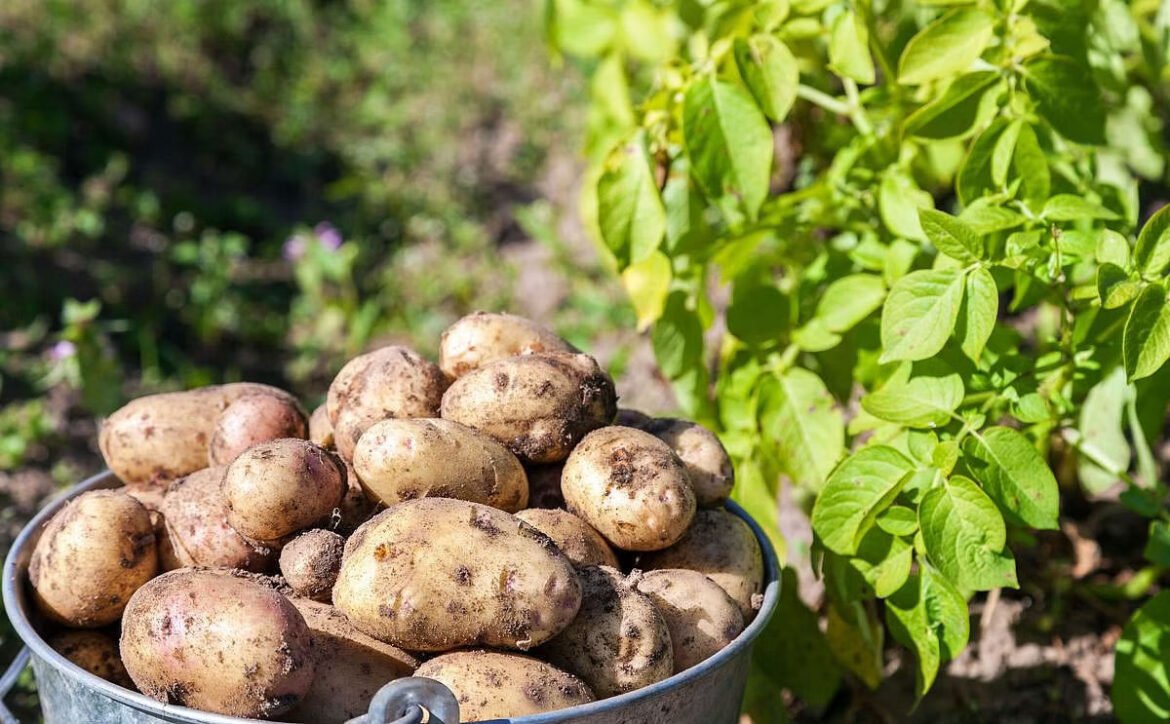Pakistan and South Korea have joined hands to modernize the country’s potato farming with the launch of a high-tech Seed Potato Production and Supply Centre (SPPSC) in Islamabad. This collaboration aims to reduce Pakistan’s reliance on imported seed potatoes while improving the quality and yield of locally produced crops.
Facilitated by the Korea International Cooperation Agency (KOICA), the project will introduce advanced agricultural technologies such as aeroponics, tissue culture, and modern cold-chain systems. These innovations are expected to provide farmers with virus-free, certified seed potatoes, significantly enhancing crop health and productivity. Experts project that the initiative could increase potato yields by up to 20 percent, benefiting more than 100,000 farmers nationwide.
Beyond production, the SPPSC will focus on training farmers, improving postharvest management, and strengthening institutional capacity. This holistic approach is designed to modernize the entire potato value chain, from planting to storage and distribution, ensuring higher efficiency and reduced losses.
Officials from both countries emphasized that the collaboration will not only boost rural incomes but also strengthen Pakistan’s food security by supporting self-sufficiency in a staple crop.
The partnership reflects growing ties between Pakistan and South Korea in agricultural technology and development, demonstrating how international cooperation can address local challenges while promoting innovation.
With the SPPSC, Pakistan aims to set a benchmark in modern farming practices, combining technology, training, and infrastructure to transform its potato sector into a sustainable, high-yielding, and globally competitive industry.

